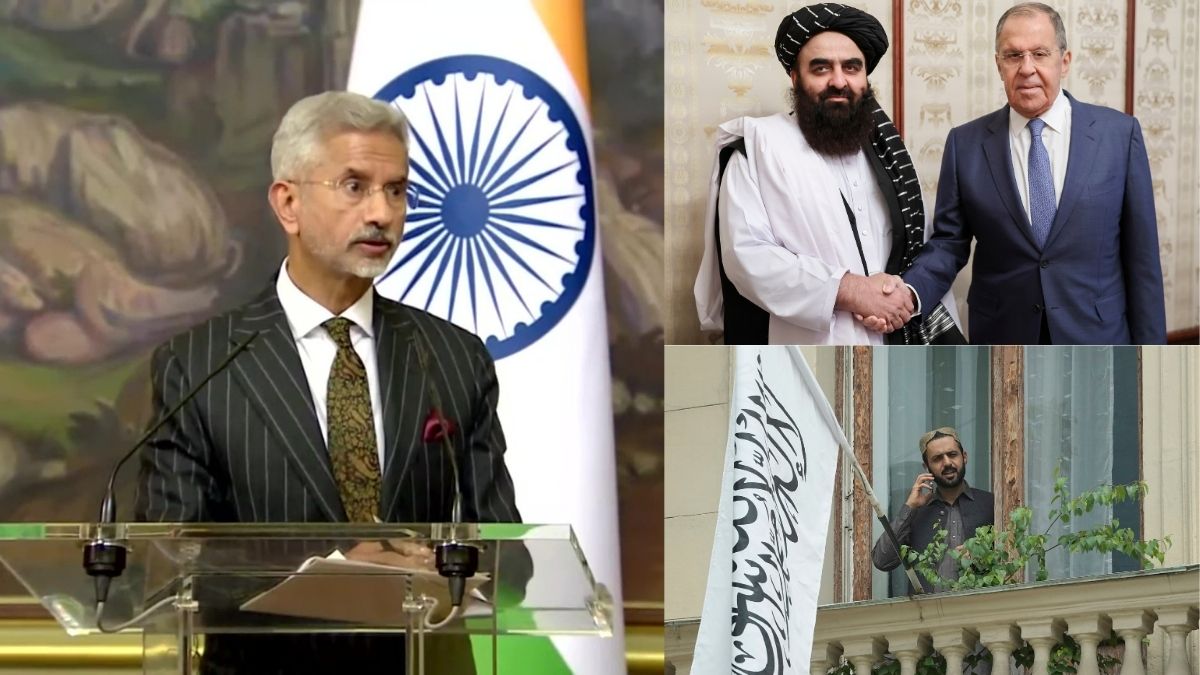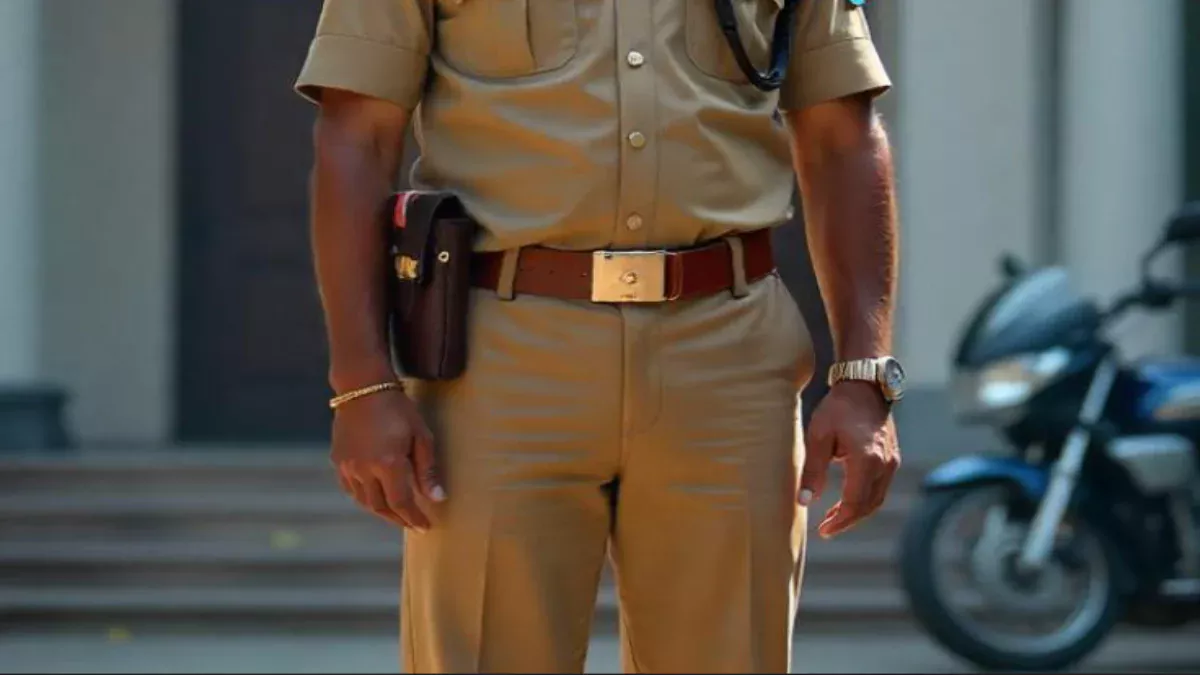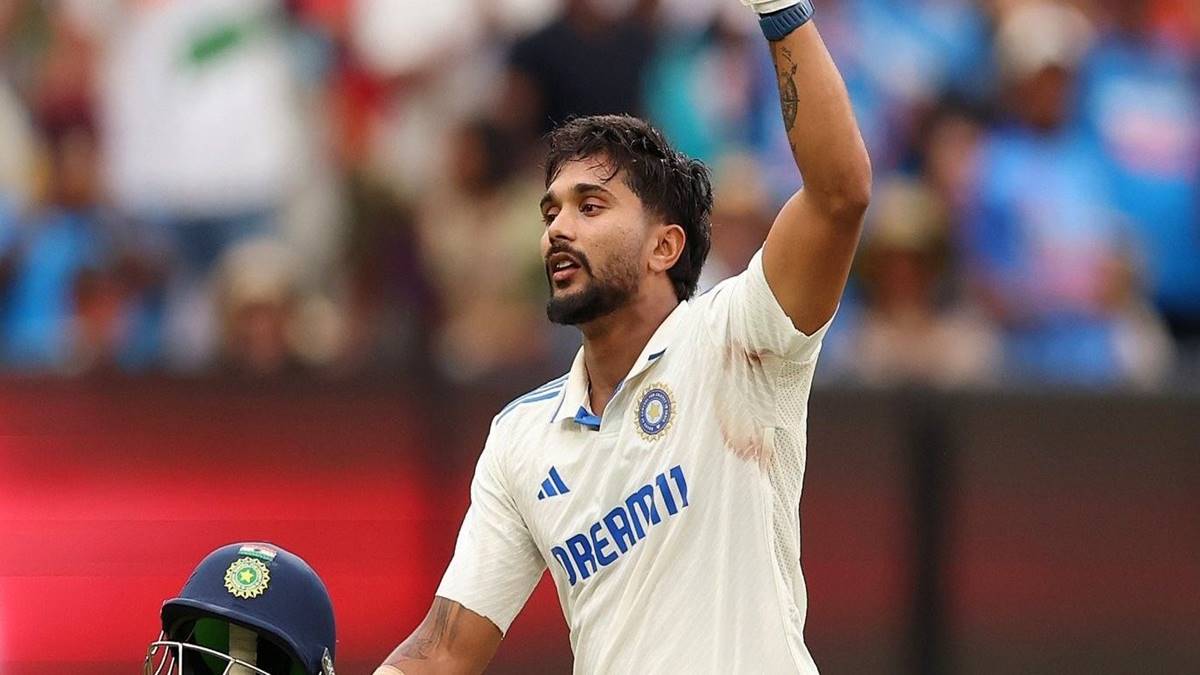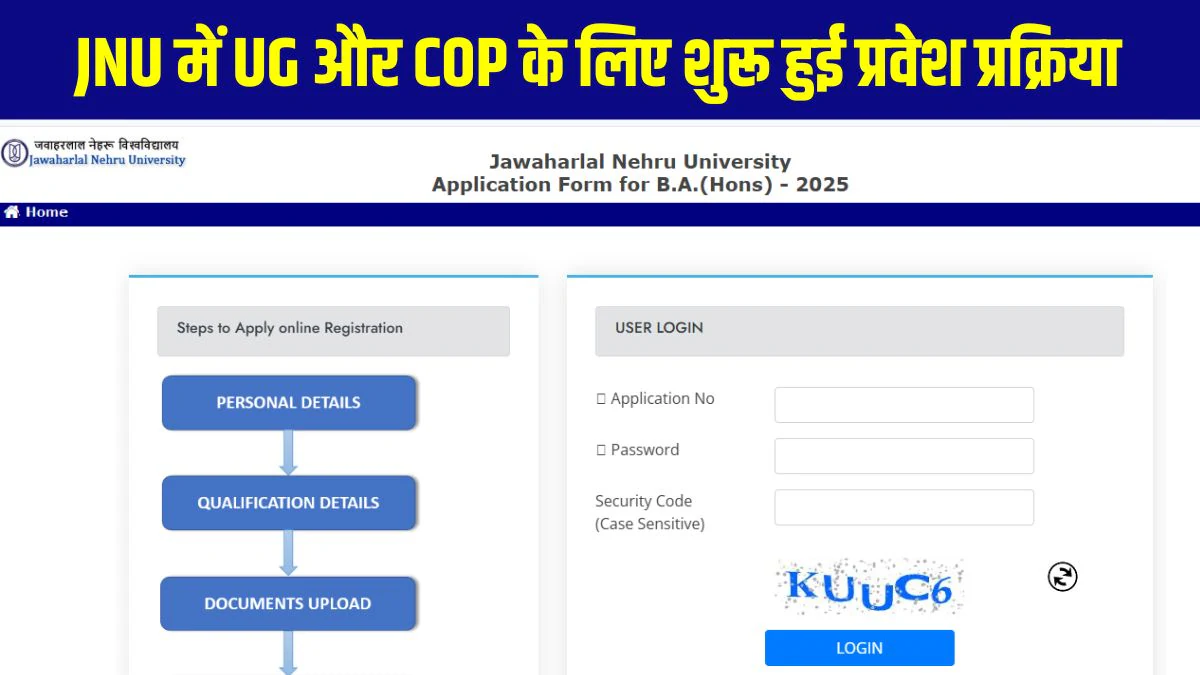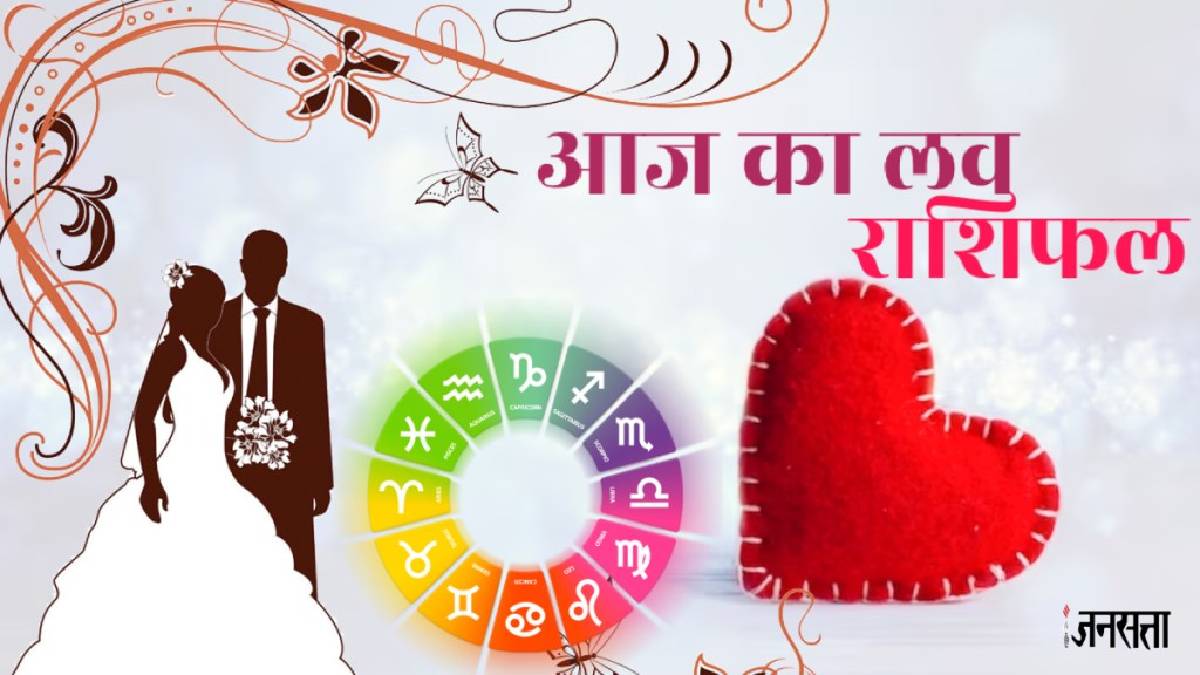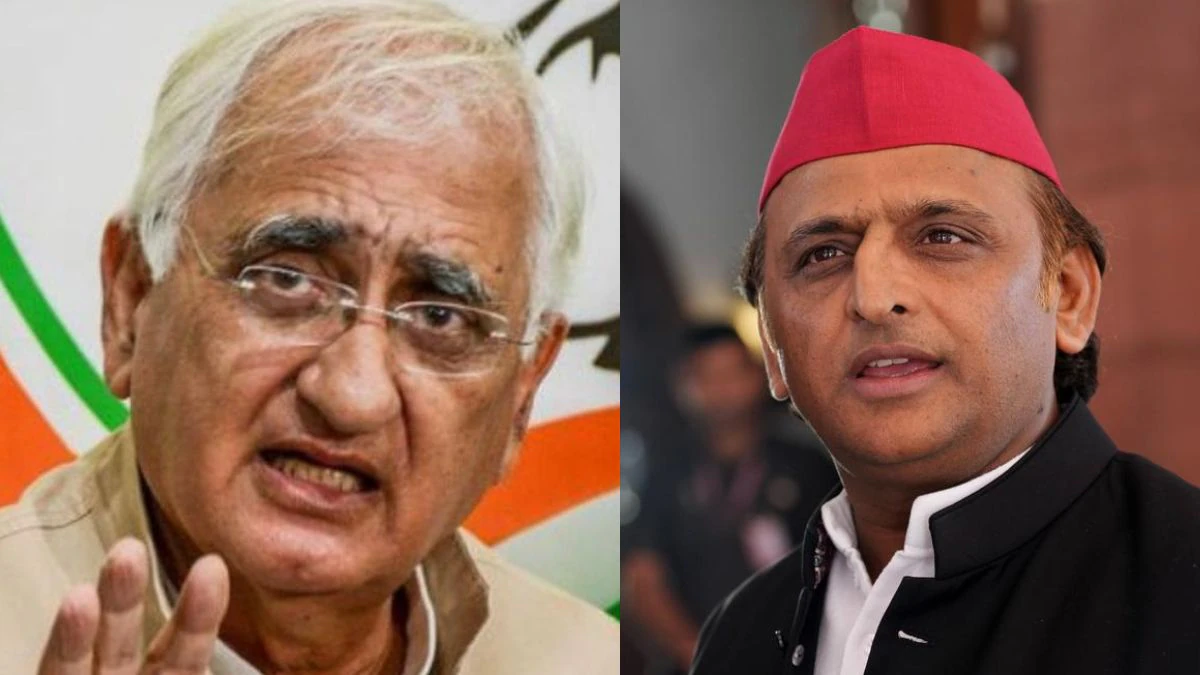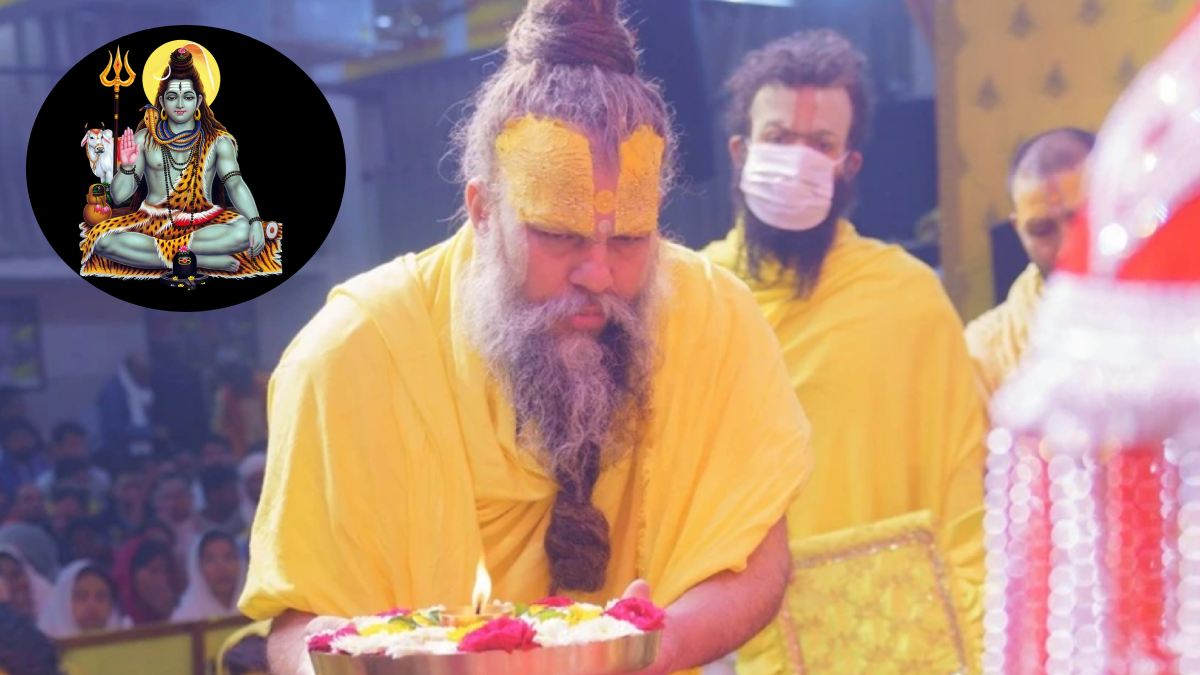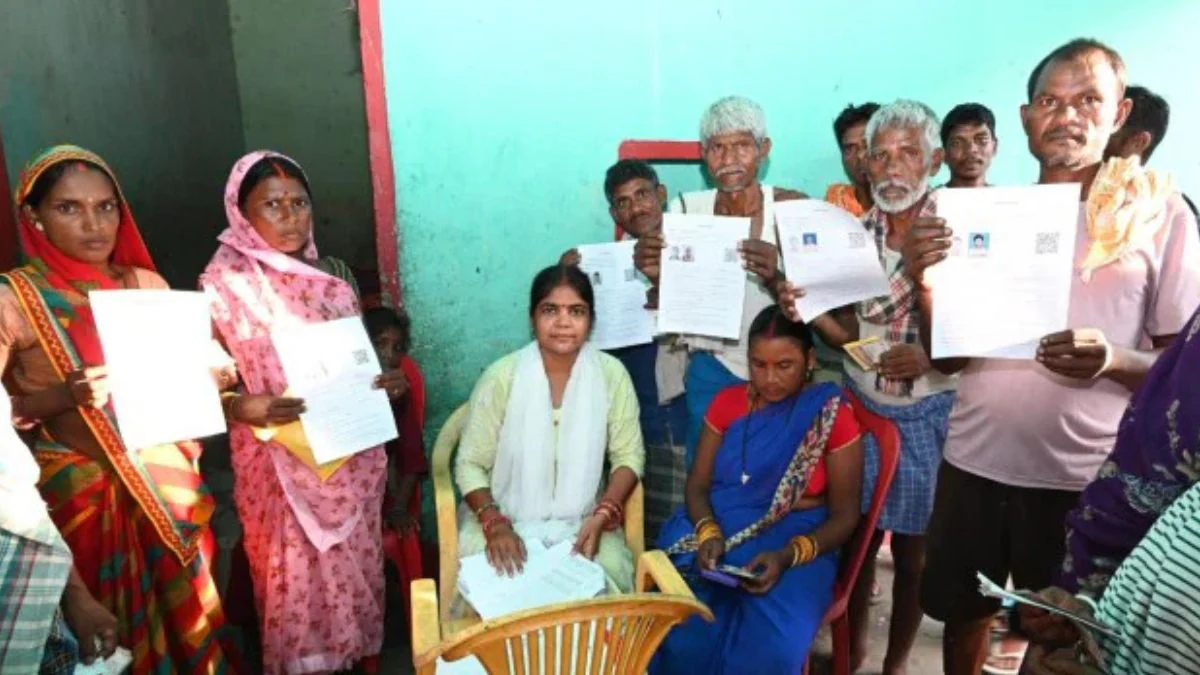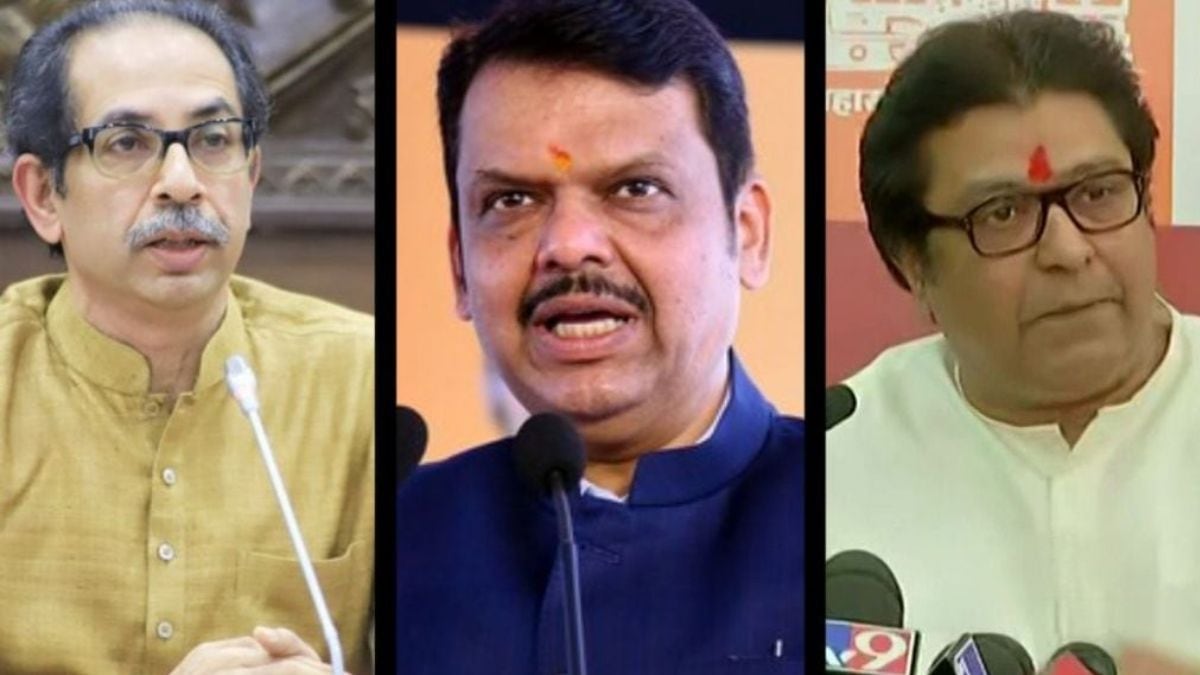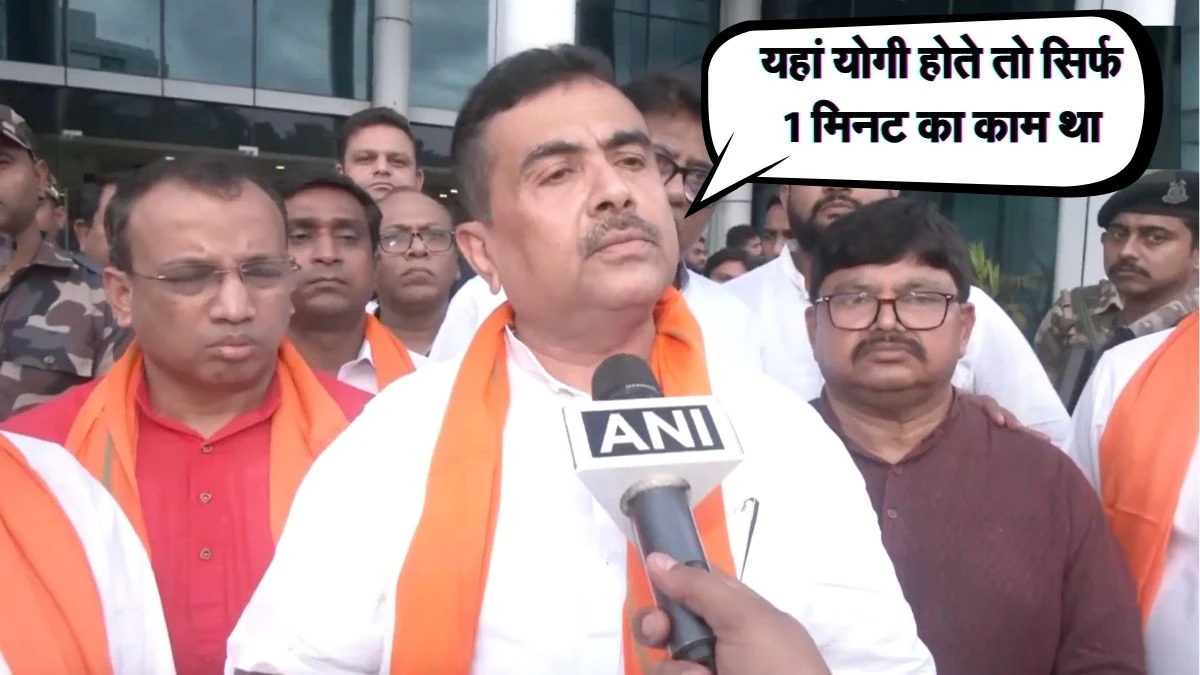With its first list of candidates for the forthcoming Delhi Assembly elections out, the BJP’s Central Election Committee (CEC) is set to hold a meeting on Friday to decide on its remaining candidates. Prime Minister Narendra Modi, Union Home Minister Amit Shah, BJP national president J P Nadda, and other senior leaders, are among the members of the committee.
The party has so far named 29 candidates out of a total 70, including those against Aam Aadmi Party (AAP) national convener Arvind Kejriwal and Chief Minister Atishi.
Already, there is disquiet in the BJP over the candidature of Ramesh Bidhuri from Kalkaji against Atishi. A day after being named, Bidhuri’s comments about Atishi and Congress MP Priyanka Gandhi triggered backlash and sparked chatter within the party about the possibility of a woman candidate replacing him. Party sources said there had been at least two organisational meetings about the possibility of either “shifting, if not cancelling (the candidature of)” the South Delhi-based Gujjar strongman, who is a two-time Lok Sabha MP and three-time MLA.
Party insiders say the BJP is likely to almost double the tally of women candidates compared to the 2020 polls, as reported by Jatin Anand. According to BJP sources, “around 10” women candidates could figure in its next – and likely final – list of picks expected to be announced after the meeting of the party’s election committee. The first list of candidates had included two women.
On Thursday, Nadda had reviewed the party’s preparation for the elections at its Delhi office and met with the in-charges and members of various poll panels, state functionaries and frontal organisations.
On Friday, the Shiromani Akali Dal (SAD) is expected to convene a meeting of its working committee to take a call on the resignation of Sukhbir Badal as party chief and also announce the schedule of the membership drive to pave the way for its restructuring.
The decision came hours after a delegation of the SAD met Akal Takht Jathedar Giani Raghbir Singh in Amritsar, apprising him of the legal hurdles being faced by the party in implementing his directive to form a seven-member committee to hold organisational elections of the party.
The Akal Takht Jathedar on Monday had asked the SAD to implement the edict, announced on December 2 last year, at the earliest, as he was referring to the direction of accepting the resignation of Badal as party chief. While pronouncing religious punishment for Badal and other leaders for the “mistakes” committed by the SAD and its government in Punjab from 2007 to 2017 on December 2 last year, the Akal Takht had also directed that SAD’s working committee to accept the resignation of Badal as party chief and other leaders. Badal had undergone the religious punishment but the SAD’s working committee was yet to accept his resignation, which he tendered in November last year.
The Samyukta Kisan Morcha (SKM), after passing a “unity resolution”, said a six-member coordination committee would visit the Khanauri and Shambhu borders, where farmers’ groups are protesting, on Friday to appeal for unity among the farmer bodies.
The SKM, which had spearheaded the 2020 farmers’ stir against the now-repealed farm laws, is not part of the ongoing protest of the SKM (non-political) and Kisan Mazdoor Morcha (KMM).
One of the stark differences between the ongoing farmer protests and the 2020 agitation is the absence of farmers from Haryana, as reported by Sukhbir Siwach. The Punjab farmers’ failure to take their Haryana counterparts on board is being attributed to a host of reasons, including their “hurried” “Dilli Chalo” call and the BJP’s surprise return to power in Haryana after the Assembly elections in October last year.
Moreover, the proactive approach of the new Nayab Singh Saini government coupled with schemes like the Bhawantar Bharpayee Yojana, a price deficiency payment initiative, and the state government’s December 2024 decision to procure 24 crops at Minimum Support Price (MSP) are being seen as potential reasons for a chunk of farmers from the state staying away from the ongoing protest led by SKM (non-political), which was floated by some organisations, mainly from Punjab, to distance themselves from farmer leaders who took the political plunge.
– With PTI inputs
Stay informed with access to our award-winning journalism.
Avoid misinformation with trusted, accurate reporting.
Make smarter decisions with insights that matter.



